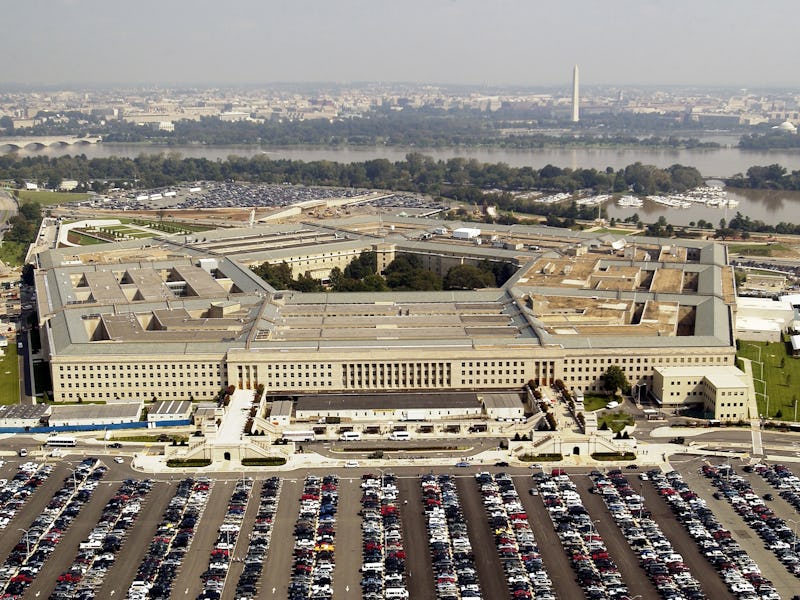The Pentagon Sets Up a Direct Line to China to Avoid Space Accidents
To avoid stepping on each other's toes while in pursuit of space-bound glory, Washington and Beijing can now communicate directly, and seamlessly.

As territory beyond the stars becomes increasingly sought after, officials at the Pentagon are concerned about potential overlap and conflicts with China’s growing space program, which has been significantly beefed up in recent years.
The two countries have ameliorated the problem, however, by way of a direct telephone hotline, similar to the one that connected Washington to Moscow during the Cold War.
With a direct hotline, leaders can discuss how to not pervade each other’s exploratory missions with space traffic and other accidents, which invariably arise when competing to chart the universe in the name of national glory.
Speaking with The Financial Times, U.S. Assistant Secretary of State Frank Rose said, in a manner of distilling very un-telling information: “We’ve been doing a lot of work with the Chinese on this.”
Then Rose elaborated: “Up until about nine or 10 months ago, we had to send notifications [of potential collisions and planned tests] to the Chinese via their ministry of foreign affairs.”
“The chain would go from Joint Space Operations Centre to the Pentagon to the State Department, to the US embassy in Beijing, and then on to a contact there.”
The U.S. is wise to instigate direct communications with the Chinese government regarding its dealings in space: Recently, Beijing has been testing weapons capable of intercepting U.S. technology and employing a “full spectrum of anti-satellite capabilities,” according to Rose.
China has unveiled a glut of shiny, yet totally whimsical looking space technology lately, including their own answer to NASA’s Mars Rover, which looks like this:
China's answer to the Mars Rover
One futuristic space weapon helmed by the Chinese, as it happens, looks a lot like Iron Man.